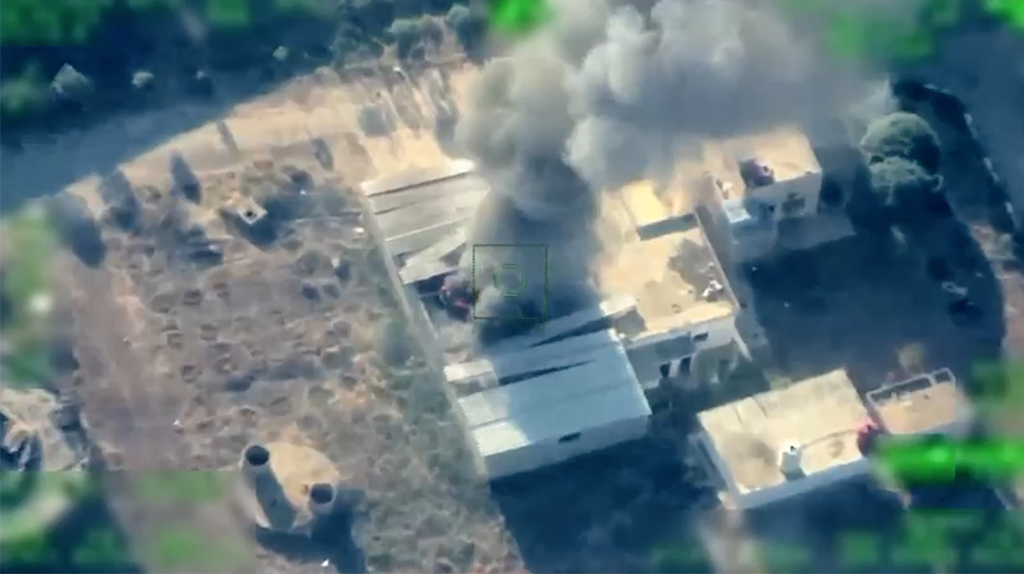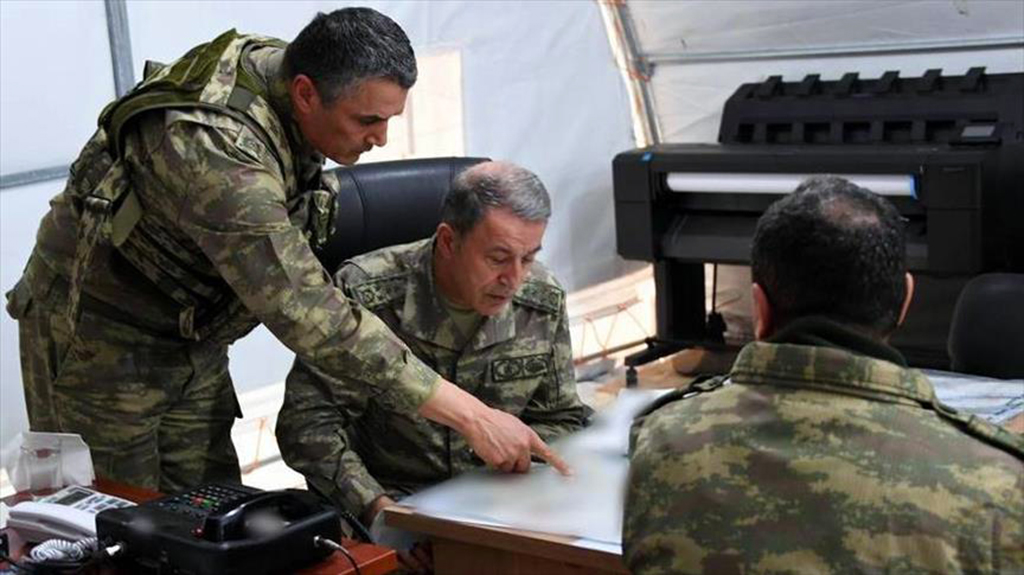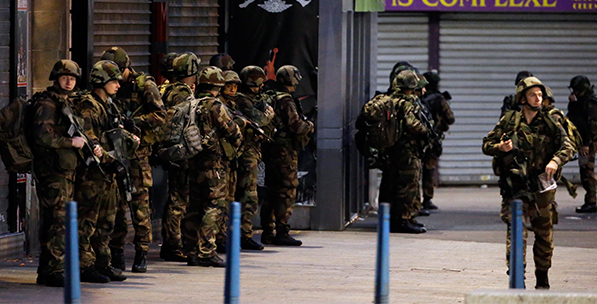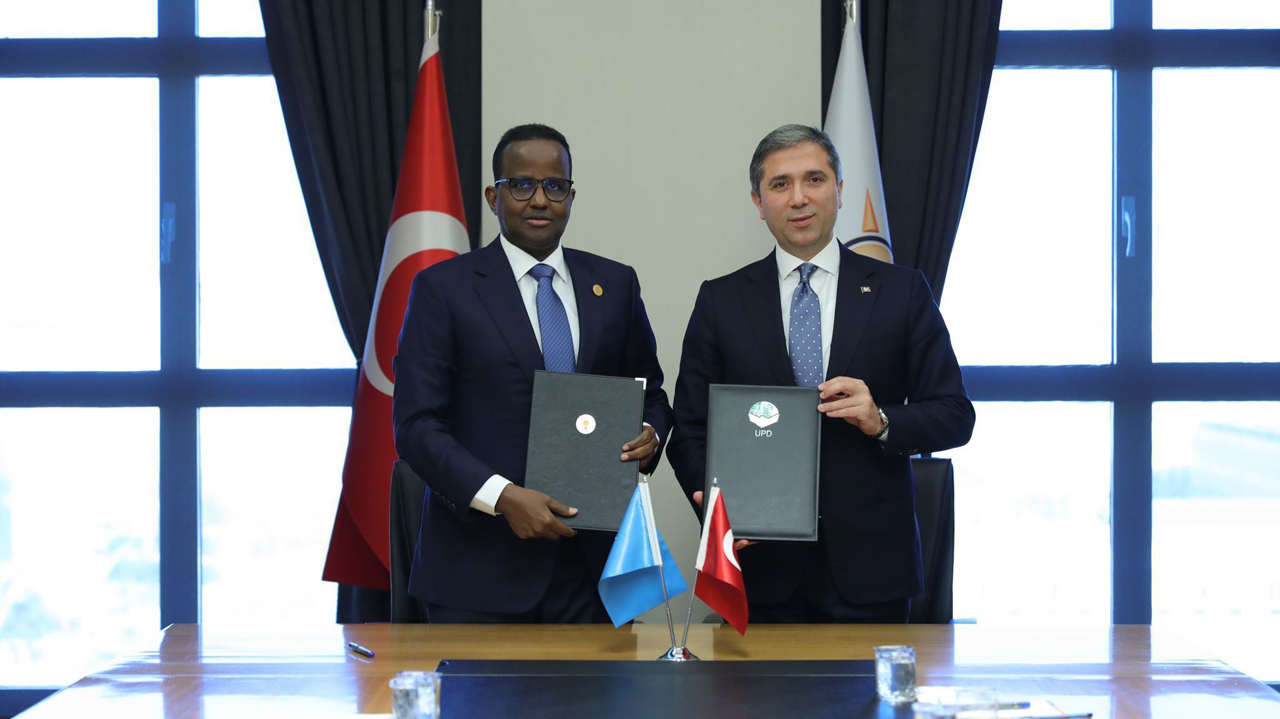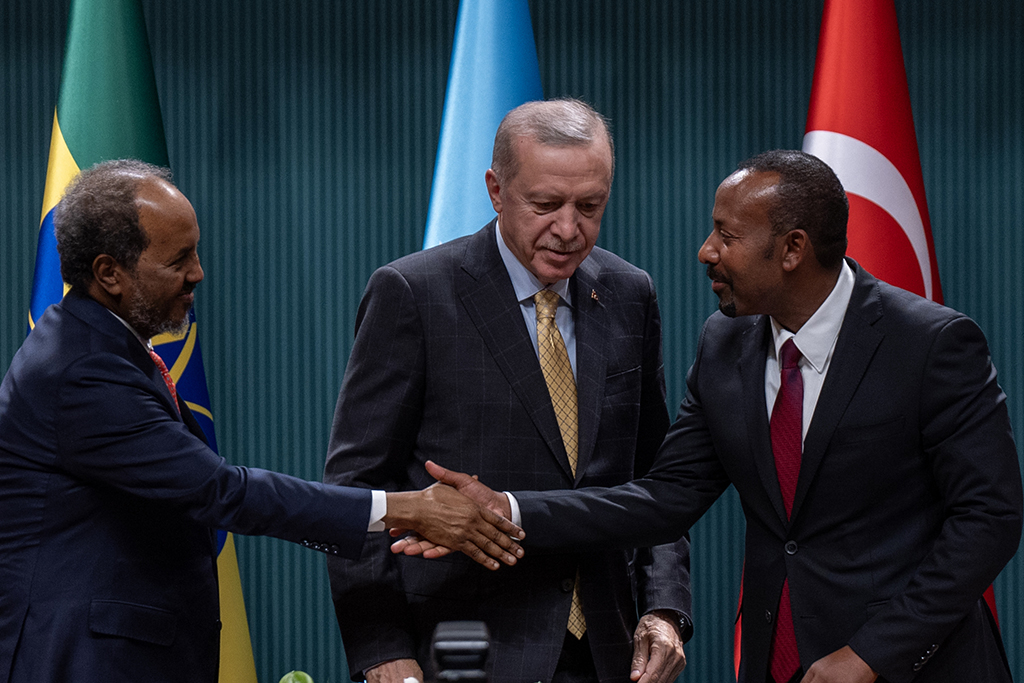Amid intense political discourse and debates on terrorism, it’s essential to reevaluate Türkiye’s approach to its fight against terrorism and terrorist threats. Such a review could help refine the current vision, address any gaps, and correct missteps to improve both efficiency and effectiveness. Recognizing that combating terrorism is a dynamic process, regular updates to vision and strategy are natural. However, updating should never imply compromising on resilience.
Türkiye’s Vision
Türkiye’s counterterrorism approach emphasizes proactive measures across all aspects of society. Rather than viewing terrorism solely as an outcome, this strategy addresses social, legal, economic, political, and security factors that contribute to its roots. These measures have been developed and implemented over many years; however, as terrorist structures evolve, it’s crucial to continually reassess these approaches. Thus, new discussions on counterterrorism methods are a natural extension of ongoing practice, and the presence of this self-reflection is a positive sign of a healthy, adaptive approach.
Regardless of what measures are in place or planned, it is essential to center the individual and society within any vision and strategy, as security ultimately addresses their needs and concerns. Often, this issue is highlighted under the narrative of the "Kurdish problem," a claim also noted in Peoples' Equality and Democracy Party’s (DEM Party) statement. However, in Türkiye, individual self-identification is not a defining criterion in society or at the state level. Instead, the bond between individuals and the state is grounded in citizenship, consistent with the nation-state framework.
The Debate on ‘Kurdish’ Question
The tendency to narrow Türkiye's counterterrorism efforts to the so-called "Kurdish problem" warrants careful reconsideration. Political rights and access to public office in Türkiye are not tied to any specific identity. Identity cards, which establish citizenship within the Republic of Türkiye, contain no reference to ethnic or religious background. Therefore, a more precise framing is necessary: Türkiye does not face a "Kurdish problem," but rather a problem rooted in "Kurdism" as promoted by PKK terrorism. This notion of "Kurdism" is primarily propagated by the “utilitarian” PKK, which has embraced terrorism as a core strategy and built an ecosystem around it.
Certainly, improving citizens' civil, political, and social rights is always possible. Recognizing change and development as dynamic forces, institutions must adapt their responsibilities, rights, and powers to meet societal needs. Accordingly, the Constitution, as the society’s "contract," must establish a state framework that clearly defines rights, duties, and authority while safeguarding citizens from state overreach. When this collective and participatory constitutional unity is channeled into a shared vision of patriotism, social awareness is naturally renewed. Therefore, Türkiye's counterterrorism strategy should rest on a foundation of "constitutional consensus and social inclusiveness" within its state vision – a vision that, although sometimes challenged, can continue to evolve.
The Recent Transformation in Counterterrorism Strategy
The counterterrorism strategy, emphasizing both the root causes and outcomes of terrorism, warrants attention. Prioritizing security, this approach is committed to “crushing the PKK terrorism at any expense, with political determination and social solidarity.” The core strategy is to suppress, disrupt, and eliminate the terrorist organization and its members by “drying it at its source,” irrespective of any external support it may receive.
This strategy in Türkiye rests on three pillars: the Ministry of Interior at home, the Ministry of National Defense abroad, with National Intelligence Organization (MİT) conducting both intelligence and operational missions within and beyond the country's borders. Notably, this strategy emphasizes the complete neutralization of terrorist organizations with zero tolerance. Hence, reconciliation efforts do not imply a halt in counterterrorism operations.
Another dynamic is maintaining public engagement and communication to clarify the Turkish government’s actions. The two-pronged approach – combining political resolution with aggressive measures to dismantle terror networks – could be perceived as inconsistent, potentially skewing the information landscape. Effective public relations and diplomacy are crucial to conveying the rationale behind this synchronization. In this context, DevletBahçeli’s proposal and President Recep Tayyip Erdoğan’s endorsement of a political reconciliation could achieve political objectives if they secure popular support.
TAI Attack and Afterward
Military and security strategies have emerged as complementary approaches, particularly following the recent terrorist attack on Turkish Aerospace Industries (TAI-TUSAŞ), which occurred a day after MHP leader Devlet Bahçeli’s speech on Oct. 23, 2024. Although Bahçeli’s call was met cautiously by the DEM Party, their stance remained generally positive. Abdullah Öcalan also expressed support for renewed reconciliation efforts, as conveyed by his nephew Ömer Öcalan. However, the PKK leadership in Qandil disrupted this positive climate with the TAI attack. In a video message, Murat Karayılan, a member of the PKK’s governing council, asserted their autonomy over actions, stating that neither the DEM Party nor Öcalan could dictate PKK’s course of action, underscoring internal divisions within the PKK.
In response to the PKK’s attack on TAI, Türkiye has maintained its two-prong approach. Leaders Bahçeli and Erdoğan emphasized the unbreakable brotherhood between Turks and Kurds while the Turkish Armed Forces targeted PKK infrastructure in Iraq and Syria. This strategy aims to demonstrate goodwill toward Türkiye’s Kurdish population and portray the PKK as a proxy manipulated by foreign powers, notably the U.S., Israel, Iran or Russia. Recognizing PKK tactics, Turkish policymakers believe that the frequency of attacks can be managed by adjusting the strength of countermeasures. Therefore, Türkiye's approach focuses on reinforcing national unity and preparing for “worst-case scenarios,” minimizing any vulnerabilities that the PKK and its supporters might exploit, with particular attention to Israel’s “puppeteer” role behind the PKK.
PKK’s Strategy
At this point, PKK's strategy requires close examination, as the group consistently leverages the political and security landscape in the Middle East to advance its interests and secure external support. By exploiting regional sovereignty gaps, the PKK has sought partnerships with external actors, even at the cost of compromising local interests. This commitment has so far ensured the survival of the PKK. This alignment benefits third parties, who, in turn, use PKK’s operations to serve their own agendas. Consequently, even rival foreign actors find a silent consensus when it comes to supporting or tolerating PKK activities, seeing in it a mutually beneficial tool for regional influence.
Israel's genocide in Gaza and Türkiye's strong response may present a new opportunity for the PKK, as Israel could counter Türkiye by leveraging PKK actions. In response, Türkiye’s leadership aims to bolster internal unity through reconciliation efforts, while the PKK – emboldened by the prospect of Israeli support – rejects such overtures, as reflected in its recent attack on TAI.
The Response of Turkish Government
Türkiye's strategy will continue along the lines set over the past year, emphasizing strategic partnerships and normalization efforts with neighboring countries. The objective is clear: to deny the PKK any freedom of movement, apply military and coercive actions when diplomacy falls short, intensify pressure on the PKK with targeted operations, and ultimately render the organization isolated and ineffective.
The agreements signed with Iraq have advanced counterterrorism efforts within Iraqi territory, enabling joint operations in northern Iraq alongside Iraqi security forces. Additionally, the Iraqi Kurdish Regional Government’s (KRG) stance on expelling the PKK from the region supports these efforts, underscoring that the PKK issue is a terrorist threat unrelated to Kurdish identity or interests.
Normalization efforts with Syria’s Bashar Assad is another facet of Türkiye's strategy, but this process is expected to be gradual and precarious. Consequently, Türkiye's military and intelligence operations will be designed to address this vulnerability. Following the attack on TAI, Türkiye must cover a large area in both Iraq and Syria to counter and suppress various terror networks. MİT’s targeted operations against key organization leaders, alongside the Defense Ministry strikes on terrorist positions, have shifted the balance of power in the Syrian theater. However, there remains potential for increased activity moving forward.
Conclusion
Türkiye is committed to meeting the demands of its fight against terrorism through a multifaceted strategy. The attack on TAI has bolstered Türkiye's resolve to pursue aggressive measures to 'punish and destroy' the threat at diplomatic, political, and security levels. A rational approach might also involve targeting the organization's vulnerabilities, potentially compelling “others” to reassess its ideology and intellectual foundation. This could lead to the political faction that advocates for a peaceful resolution gaining prominence. In contrast, if the PKK continues to operate as a party dictatorship, it will ultimately serve the interests of external parties rather than genuinely representing the “Kurds” it claims to advocate for. Therefore, it is essential that Türkiye's strategy for combating terrorism abroad be “decisive, intelligence-driven, impact-focused, and results-oriented,” while also facilitating pathways to peace.

